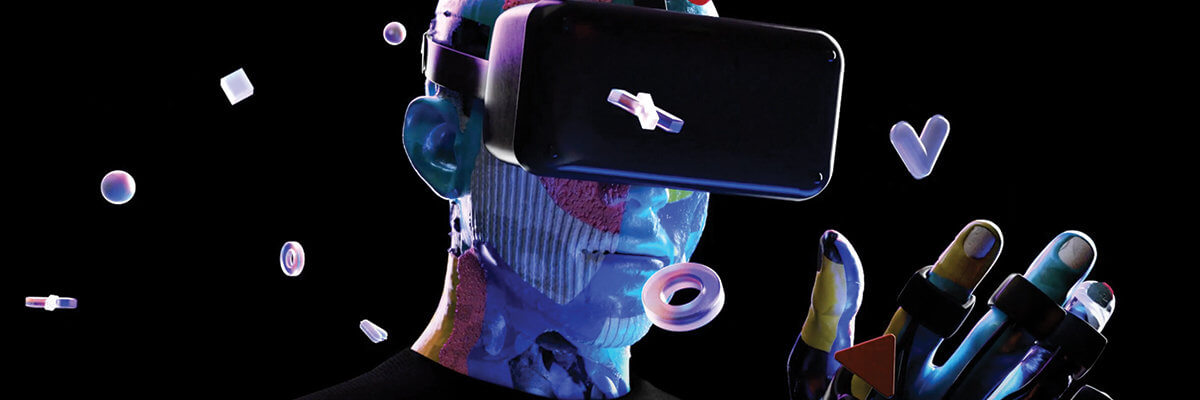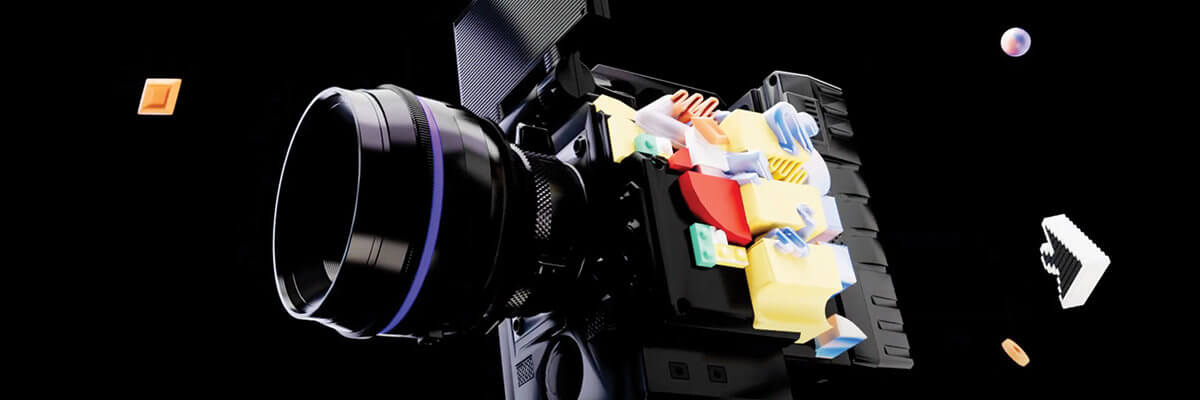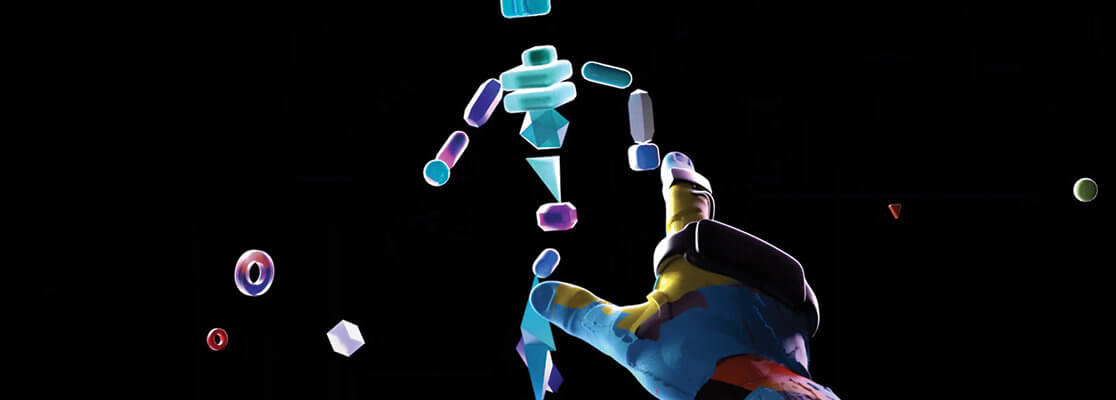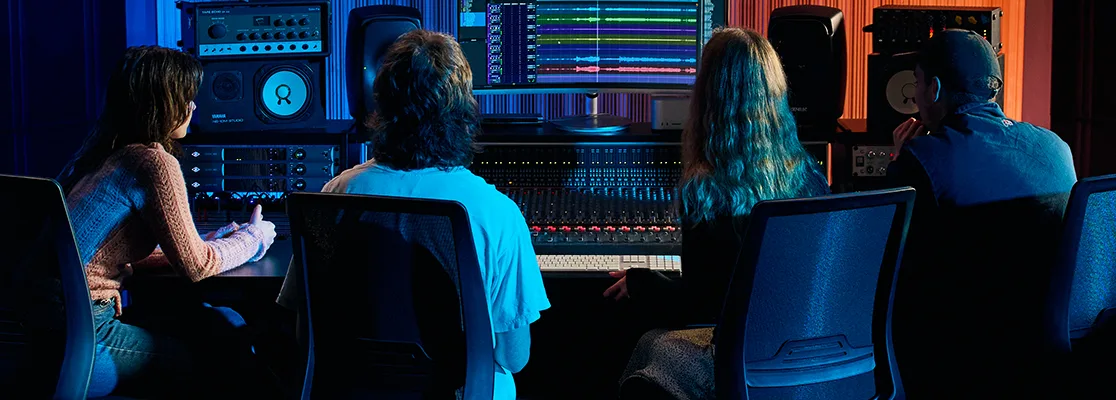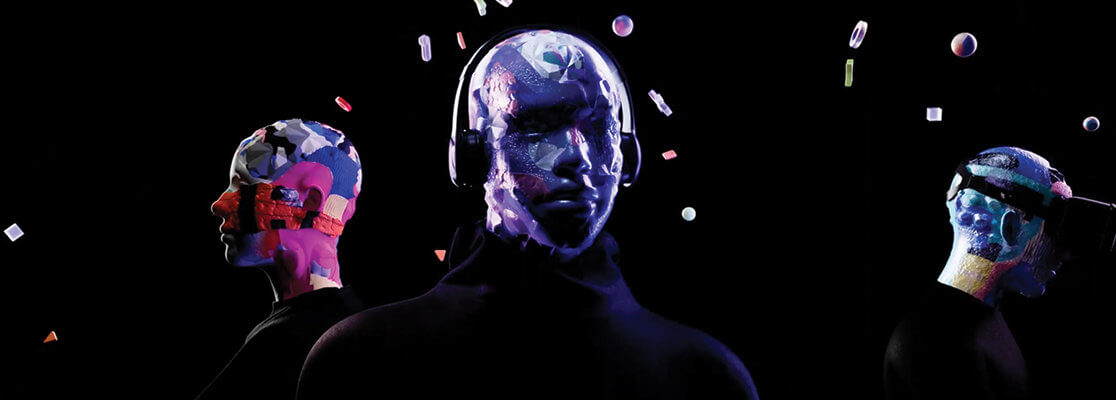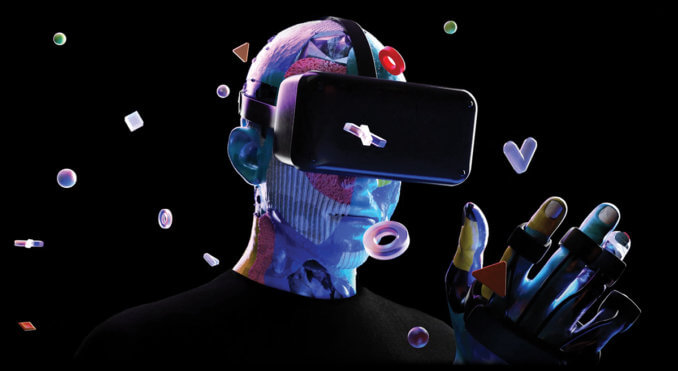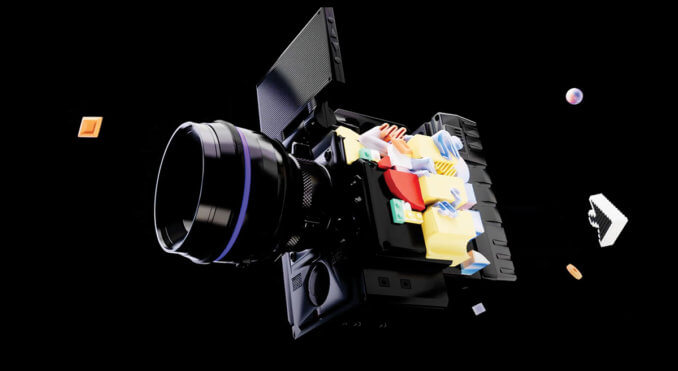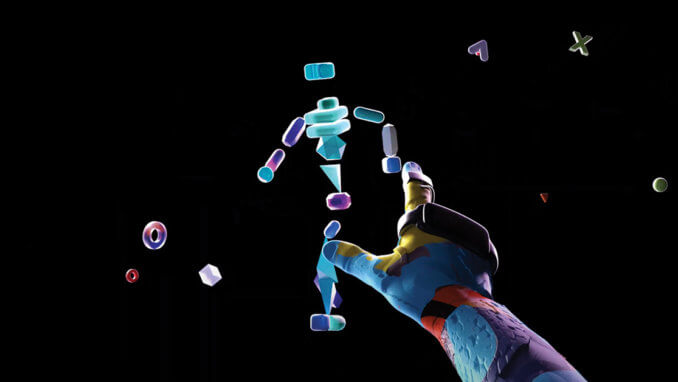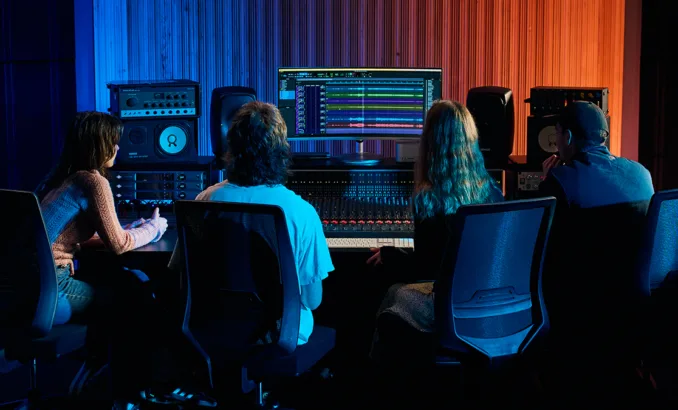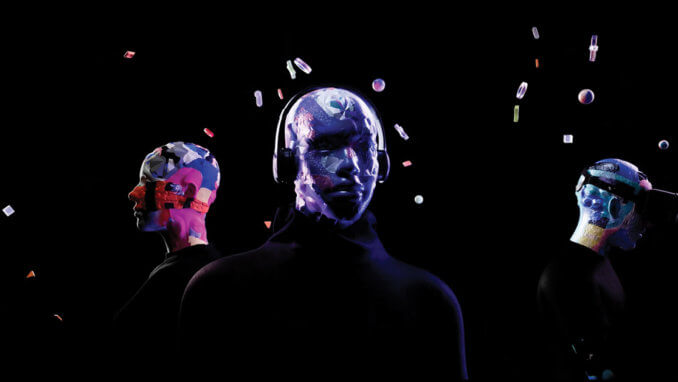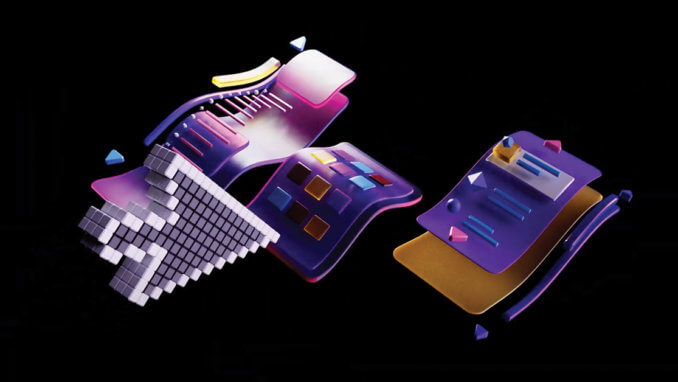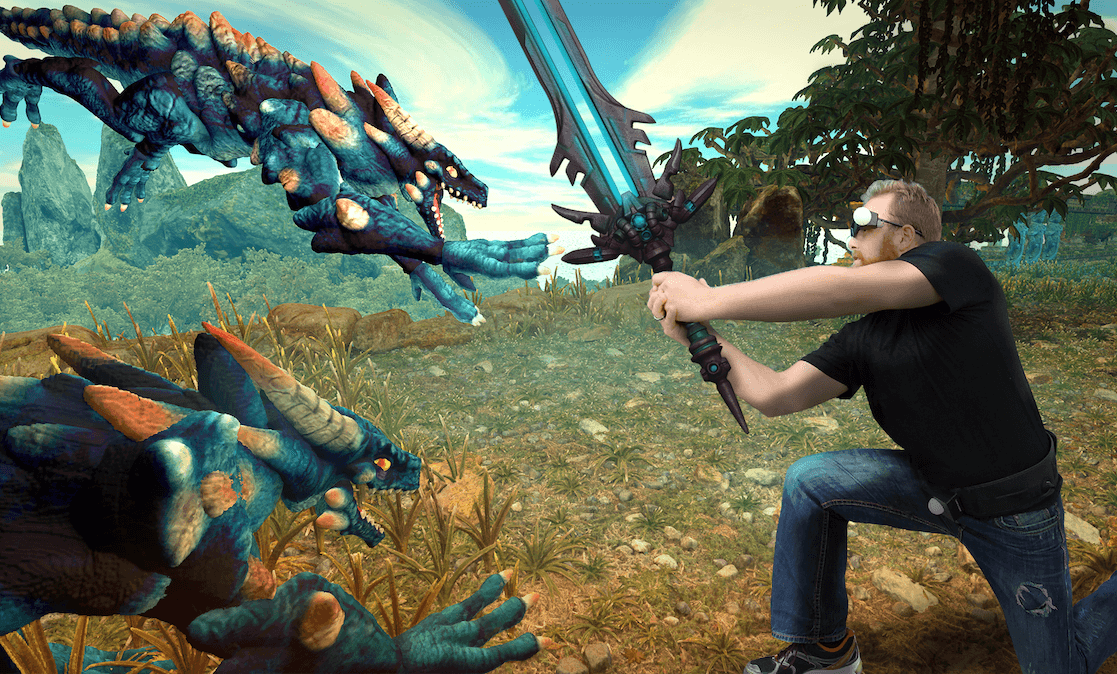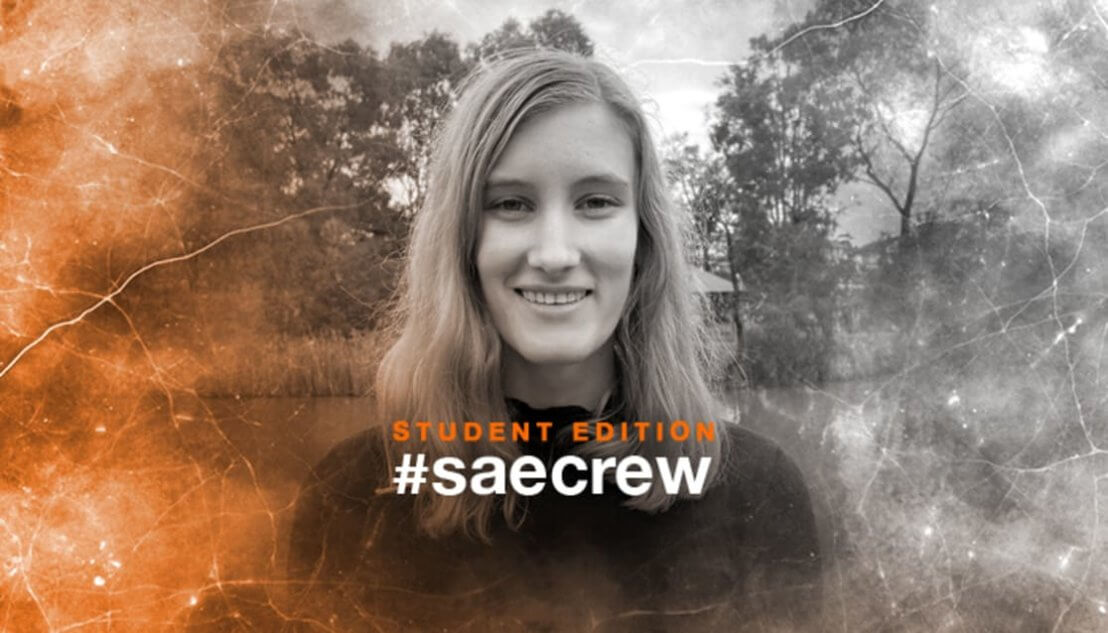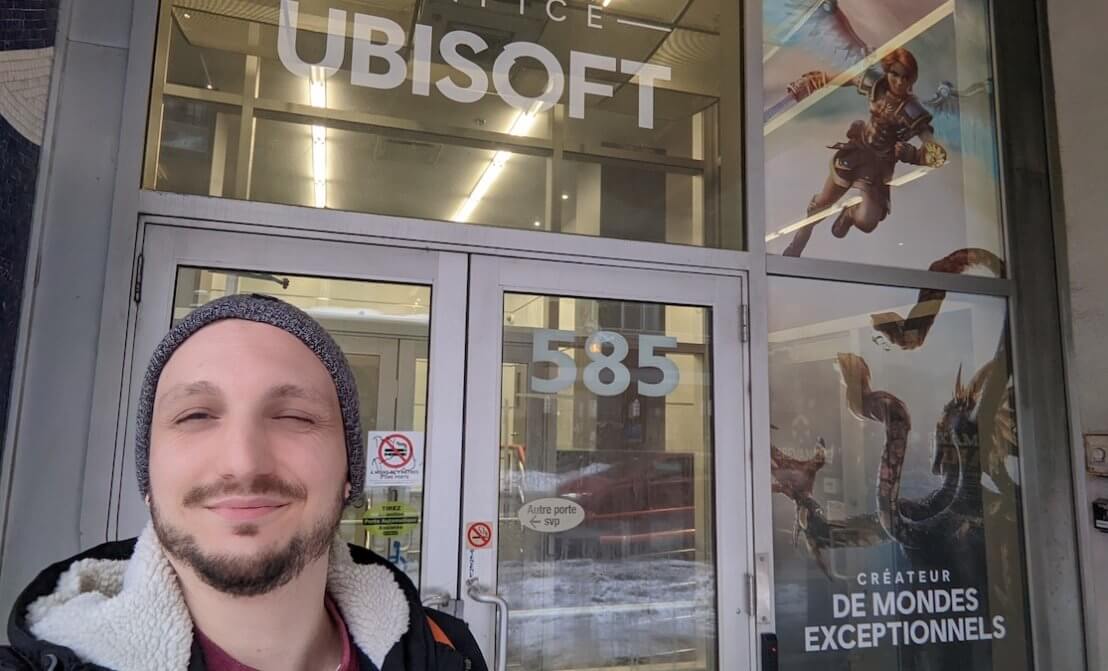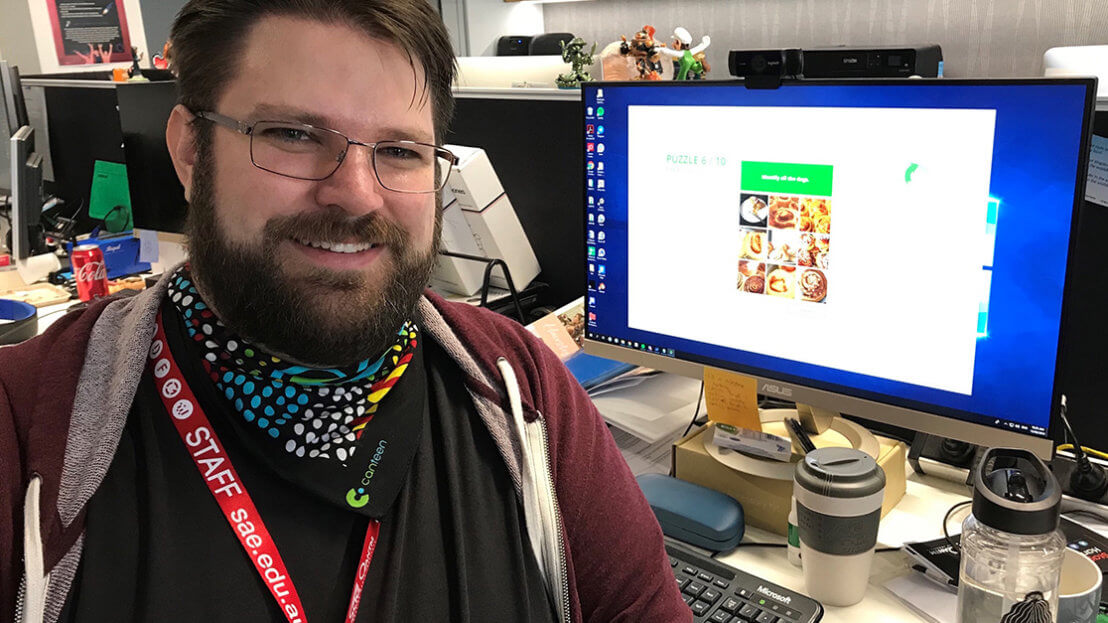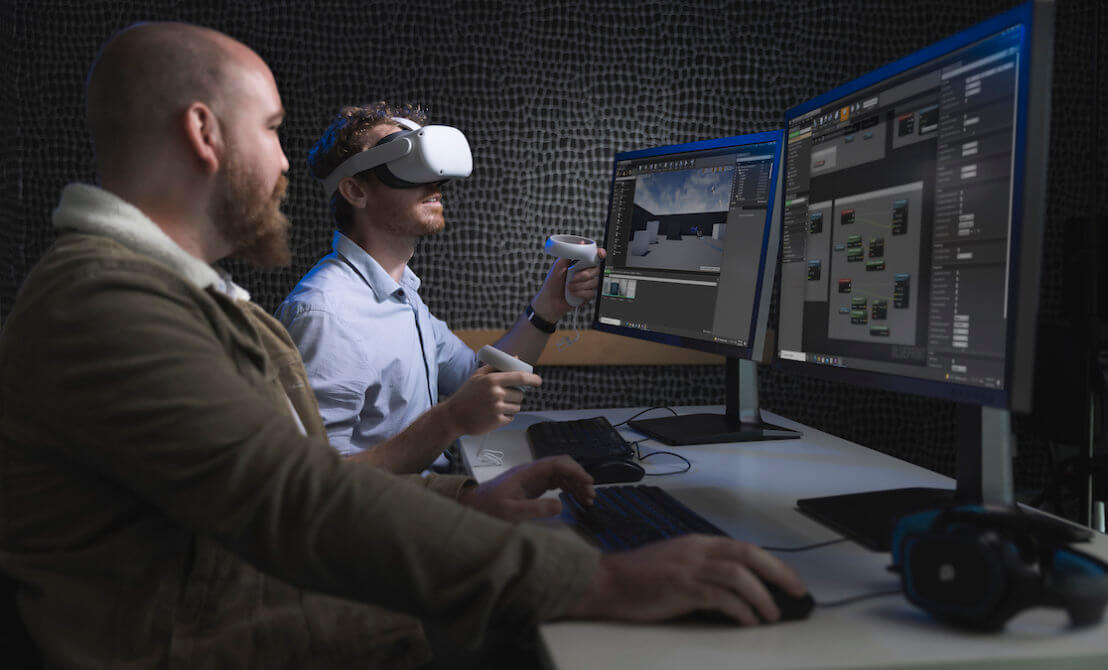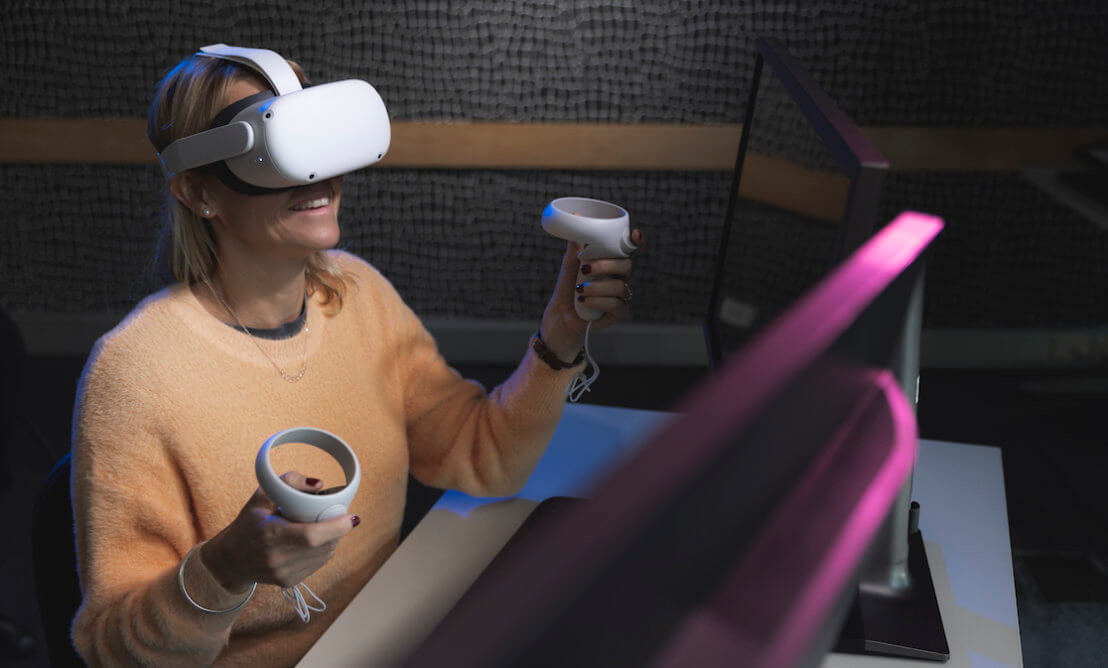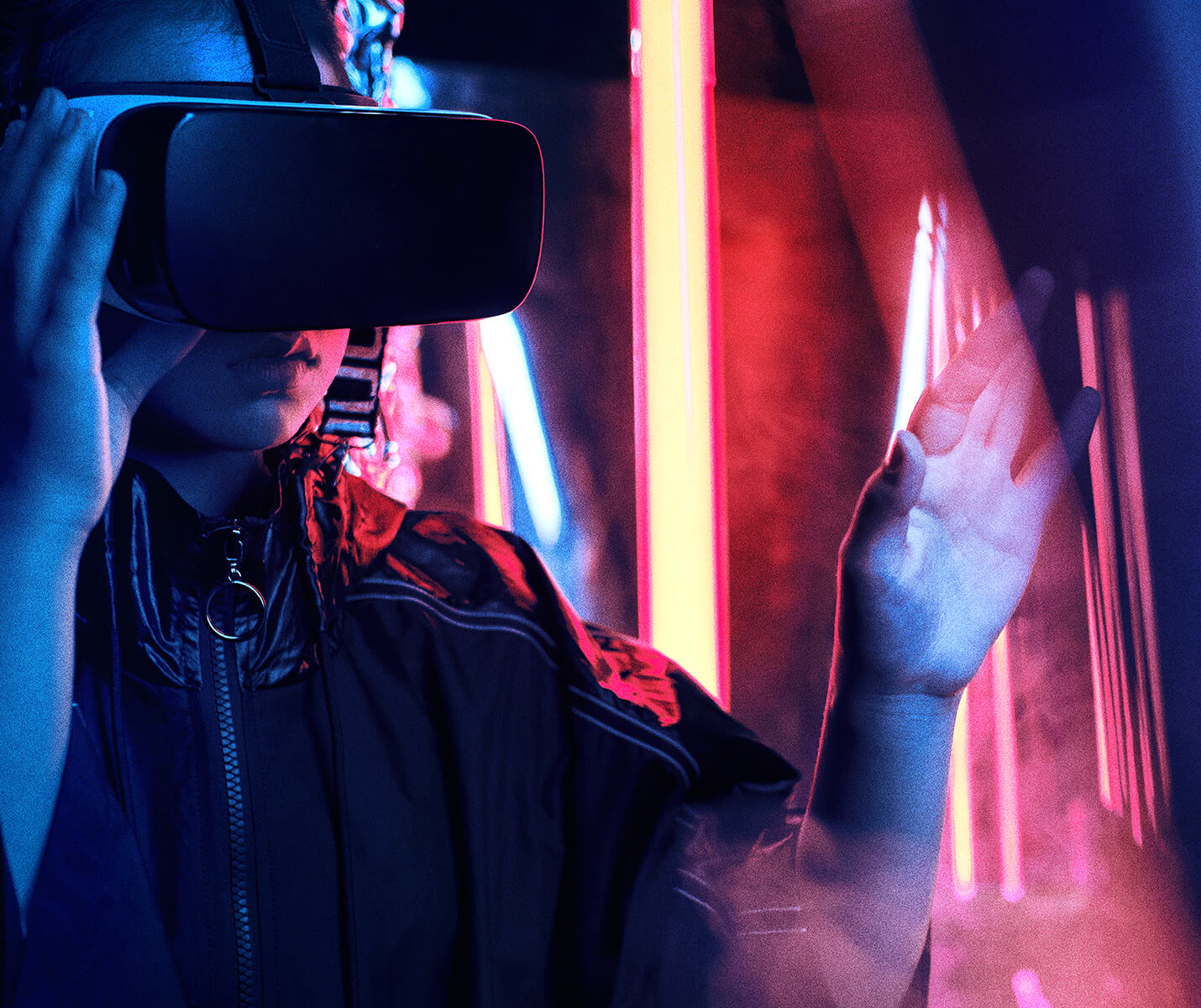
Hi Jay, how did studying at SAE help get you to where you are today?
I studied the Bachelor of Games Programming at SAE Brisbane. The feedback from lecturers on my work, and the overall exposure I got to the industry and connections I made was really beneficial in my growth and development.
How can a Bachelor of Games degree help students who want to get into the industry?
From my own perspective, studying gave me confidence in the skills I developed and a springboard to get into the industry. You take those foundational skills, like problem solving, project management and being able to network everywhere you go. It certainly helped me get where I am today.
Can you explain what you offer at Axiom Holographics?
We produce hologram devices for more industries than any other company in the world. We have two different streams to our products – commercial and entertainment. This equipment can be everything from our hologram wall or hologram tunnel, to a hologram table.
How can this technology be applied?
As an example we have a partnership with a museum in Europe that wants to build an attraction with Egyptian themed content, utilising the technology from the hologram tunnel. After the success of Van Gogh Alive and teamLab Borderless in Japan we realised, as a company, that there was a market for hologram technology in museums, to provide both entertainment for customers and package the educational elements to it in a unique way.
What are some of the organisations you work with?
From a commercial perspective we have contracts with the ADF, where we support mission and battle training, and also with a range of universities to build real-world environments for their students. In the entertainment field, we work with a lot of museums and Westfield shopping centres on activities for the general public like our Hologram Zoo – which is like you’re interacting with real living and breathing animals.
What are the benefits of the technology in comparison to alternative options?
In relation to what we do with the ADF, situational awareness is absolutely key with defence, and our hologram technology allows that, where soldiers are able to visualise the environment and one another with their own eyes, using just a light pair of 3D glasses. In comparison, a VR headset can’t provide that situational awareness, and can be quite restrictive.
Additionally, there’s the contextual awareness which is a major advantage of hologram technology compared to other options available. As an example, soldiers can plan a battle where they can all see the perspective of the hills on a mountain using one of our Hologram Tables.
Where do you see the hologram industry developing within the next 10 years?
We’re constantly in talks with manufacturers to understand the advancements in projector technology – projecting holograms is what could take our products to the next level.
We also understand that a large number of universities do a lot of research, so we’re in the process of building a community where our university clients, who use our Hologram Tables, can share assets and communicate with one another on best practice.
In the entertainment industry, we’re looking to build on the success of our Hologram Zoo and provide people with cinematic style experiences, nothing like what they’ve seen before – that’s really exciting.

